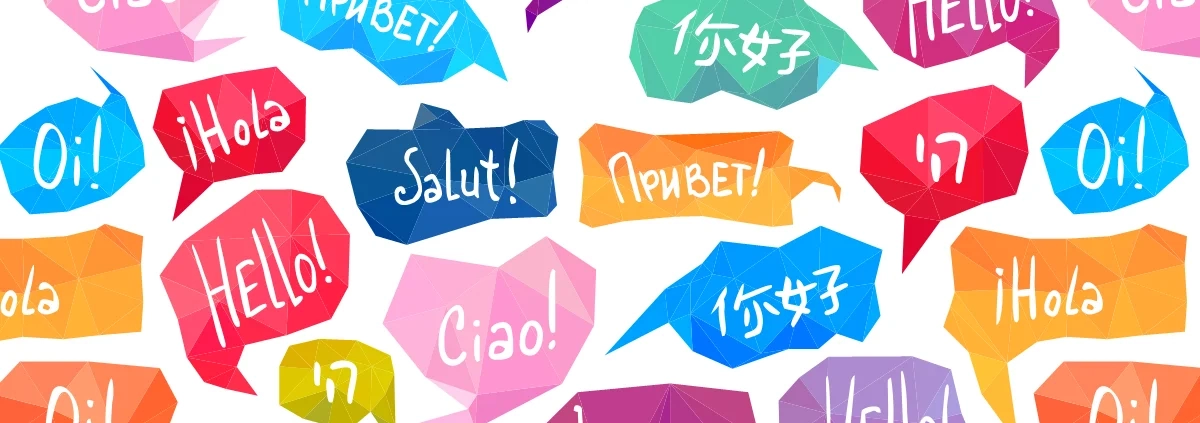Language Learning
In the March 6 issue of The New Yorker I read an article about an alternative school – it’s called AltSchool, as a matter of fact. Started by a former Google executive it focuses on the use of technology to target each students needs and passions. Each preschooler is issued a tablet and much of their time is spent individually on the tablet learning “personalized learning projects.” The school wants to develop skills useful in the workplace as opposed to knowledge deemed important by historical precedence. At one point the author of the article walked into a classroom and the children were playing “restaurant” – it used to be “house,” didn’t it? Personally I would rather my child go to Cedar Cross Cooperative Preschool and learn how to interact with others, for example. Then the author mentioned that the school was not focused on learning foreign language because twenty years from now everyone will be walking around with live-translation apps. This in particular troubles me.
Learning a language is not limited to translation – to learn another language is to enter a different world – a different way of thinking and feeling. There is no perfect translation – no matter how powerful the live-translation app. When I was speaking Japanese all those years ago I felt like a different person. Learning a foreign language is learning about other people and the more language learning there is in our education curriculum the more mutual understanding there will be between countries of the world. I would go so far as to say that peace is at stake. In the same way that having a hand held computer means we do not have to remember anything, having a live-translation app makes us technologically rich but culturally, emotionally and spiritually impoverished. Even more than that, if we do not learn other languages we will lose the understanding that there are different worlds than our own, and we will approach all things strictly through the lens of our limited experience.
Many times I have said that to read the Bible is to go to a foreign country – and it is also to learn a foreign language. I’m not just talking about the fact that the Bible was written in Hebrew and Greek and it helps tremendously to be able to read these languages, even if just a little to get a taste of the language. I also mean that the lens through which the writers of the Bible viewed reality was totally different. For example, there is no concept in the scriptures of an isolated, independent individual as we conceive of today. Each person was perceived within the web of his/her relationships, dependencies and communities. In our Adult Sunday school class I asked them whether they were more or less interested in reading the Bible after understanding how complex it is, multivalent and it is necessary to use numerous tools to understand it. They said they wanted to read it more. It is no secret that most Progressive Christians are relatively biblically illiterate. That makes it hard to discuss the Bible with fundamentalists! We say that we take the Bible seriously but not literally. That “seriously” part is the openness and willingness to enter into the foreign world of the Bible; to learn the Bible’s language. I’m up for it. P.Jim





Leave a Reply
Want to join the discussion?Feel free to contribute!